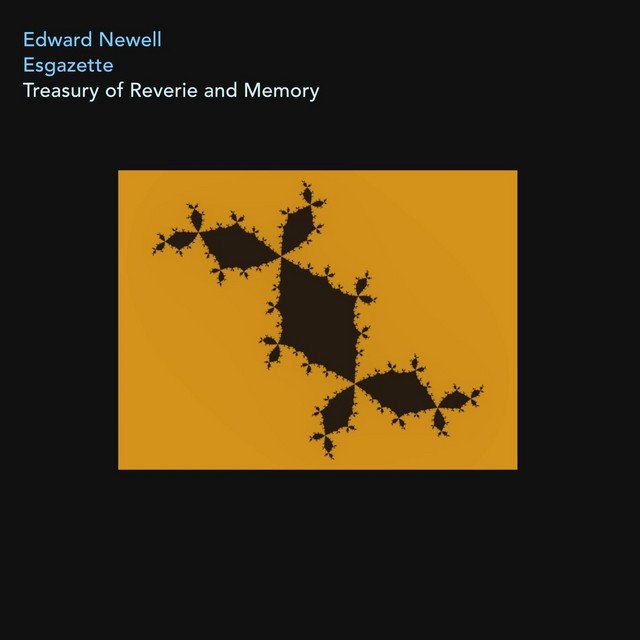Edward Newell x Esgazette – Treasury of Reverie and Memory (Spotify)
“Our favourite Cinematic sound, this time decorated with sweet piano keys is offered with great artistry. Peaceful, balanced and elegant track, like a blooming flower in the morning dawn. The treasure of your sound collection has the seal of Edward Newell.”
-Nagamag.com
Edward Newell was born in 1961 and grew up in a country village near to London as part of a large musical family. His early training was mostly in classical music, his father being an adept multi-instrumentalist. Edward played cello from a young age before taking up guitar during his school years when he joined a rock band. He subsequently played electric bass, double-bass and keyboards while first encountering electronics and studio recording. Recently he began composing music that develops from improvisations on piano or cello. His first solo release consists of chamber pieces built from a few tracks; they are largely acoustic but feature samplers and studio effects. His atmospheric music explores many moods utilising both the textural and melodic.
For more information https://www.edward-newell.com
The studio-based project that is Esgazette began in London in 1981 as a post-punk jamming band. Subsequently working out of Wales and Scotland, Esgazette has passed through several incarnations with founder Will Datson as principal creator collaborating with guest vocalists and players.
Such flexibility of movement is a reflection of Esgazette’s pioneering use of what Will calls ‘the suitcase studio’, which has followed the progress of home recording from cassette and portable reel-to-reel to computer multitrack.
Esgazette could be seen as exemplifying ‘indie’ music, meaning working truly independently of the established music business, since before the tag existed. Esgazette has always stood for spontaneity and experimentation in everything from instrumentation and recording techniques to cover art and video. If, in the past, this has set limitations with regard to technical sophistication and flag-waving publicity, it has allowed for creative and productive freedom.
While Esgazette’s output suggests a host of influences - from German experimental rock of the 70s, 80s synth pop, to more recent sampling and electronica - it is never bound by generic conventions. The songs can be existential, angsty, lyrical or downright theatrical, yet each manages to suggest a distinctive imaginative scenario. In a similar way the instrumentals trigger a range of moods hinting at TV mystery themes, meditative soundscapes and unsettling soundtracks for yet to be made movies.
Reviewed by Nagamag on January 29, 2022

